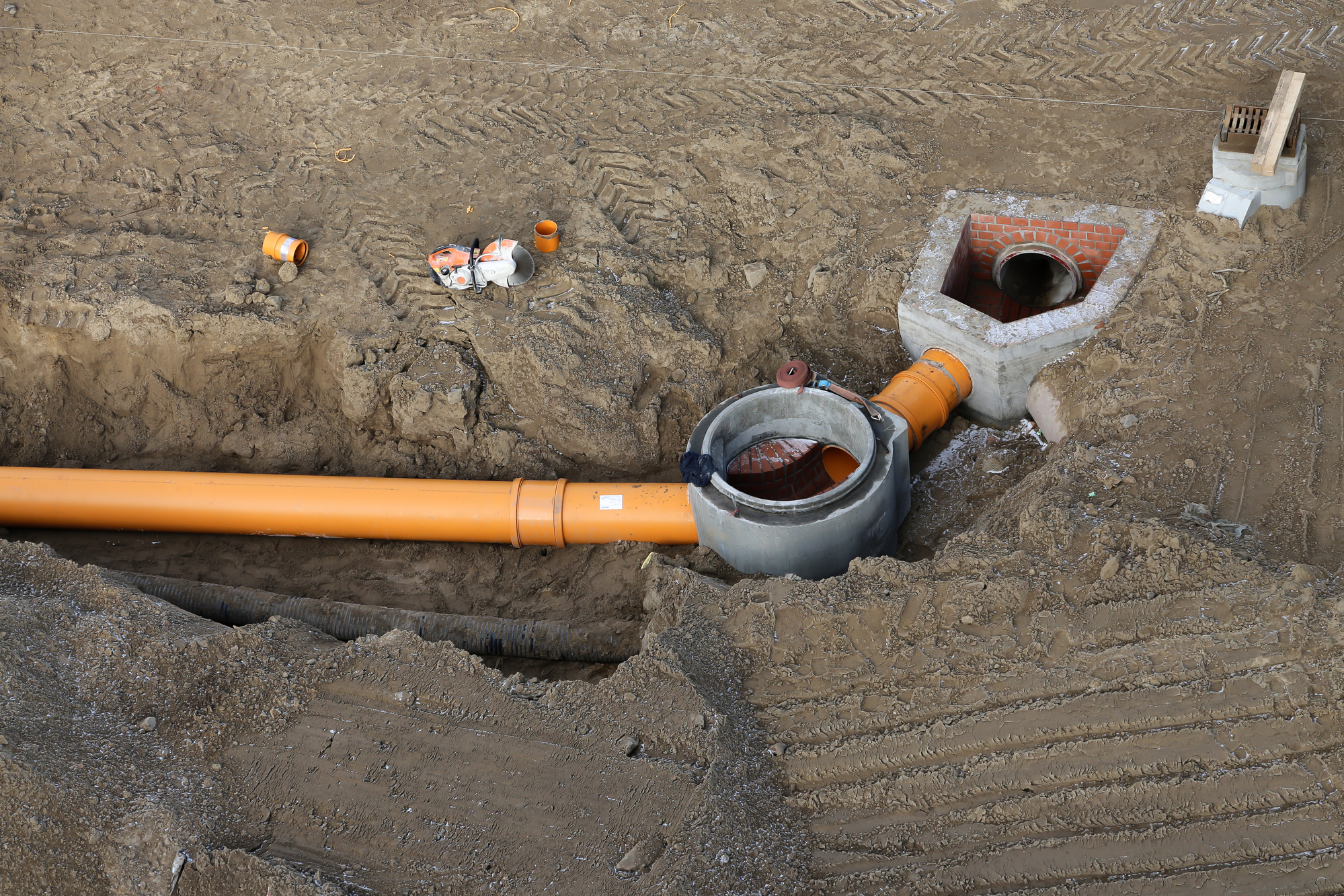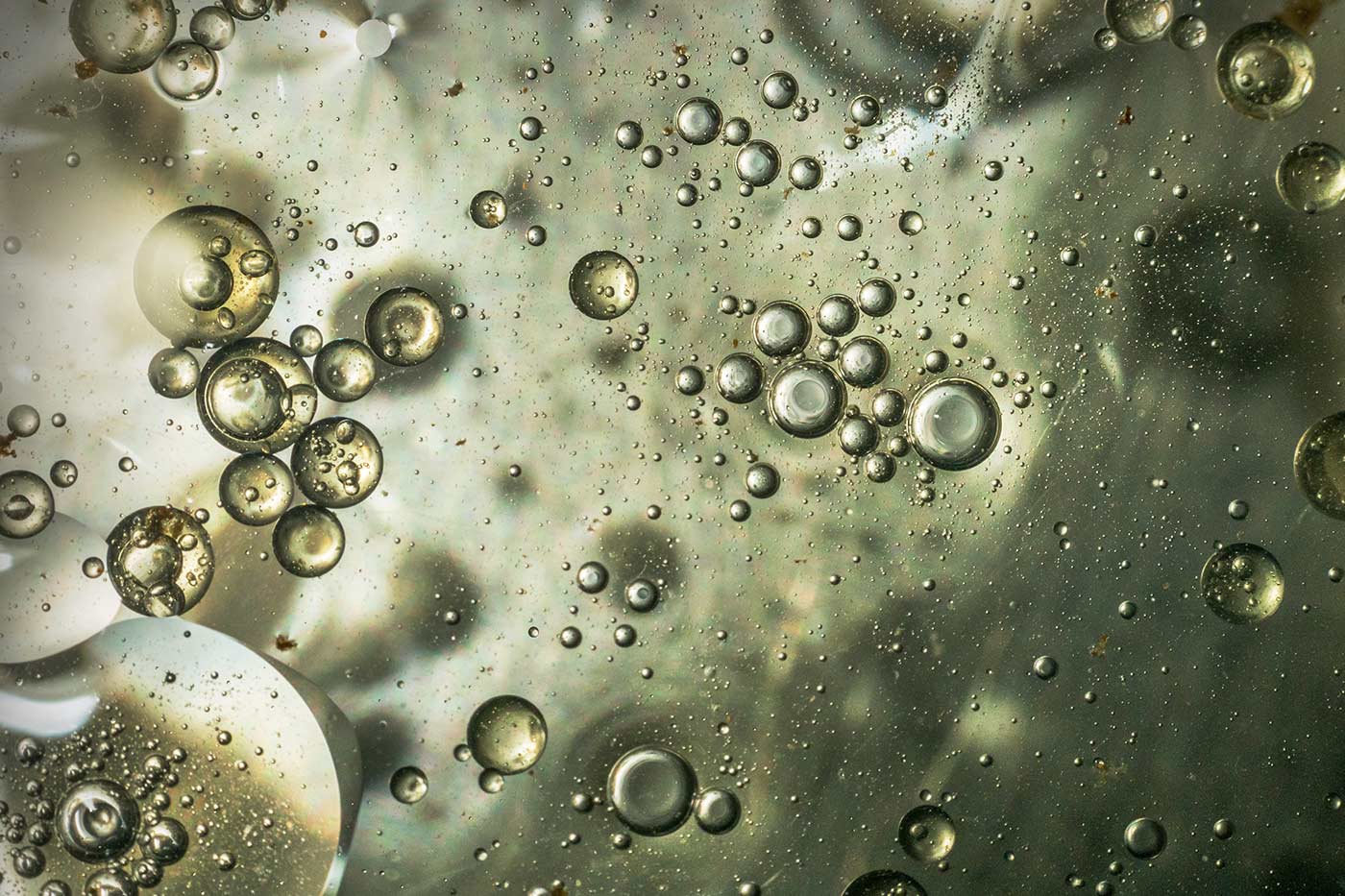In the bustling world of home maintenance, a common query that often bubbles up is, Is cleaning a sink with drano a chemical reaction? This question, simple yet intriguing, leads us down a path of scientific discovery, right in the confines of our kitchens and bathrooms.
Let’s embark on this journey of exploration, breaking down the science behind Drano, and understanding the chemical reactions that take place when this popular cleaner meets the clogged mysteries of our drains.
Is cleaning a sink with drano a chemical reaction?
Yes, cleaning a sink with Drano is a chemical reaction. Drano is a drain cleaner that typically contains chemicals like sodium hydroxide (lye), sodium nitrate, sodium chloride (salt), and aluminum.
When Drano is added to water in a sink, a chemical reaction occurs. The sodium hydroxide reacts with the water to produce heat.

This heat helps to melt away grease and other organic compounds in the clog.
Additionally, the aluminum reacts with sodium hydroxide and water to produce hydrogen gas. This gas can create bubbles and agitation that help to break up the clog.
The other compounds in Drano, like sodium nitrate, are added to control the rate of the reaction and improve the product’s effectiveness.
Overall, the process of cleaning a sink with Drano involves several chemical reactions that work together to dissolve and dislodge clogs in the plumbing.
The science behind drano: A chemical perspective
At its core, Drano is not just a cleaning agent; it’s a scientific concoction designed to tackle one of the most common household problems – clogged drains.
The primary component of Drano is sodium hydroxide, commonly known as lye. When you pour Drano into a clogged sink, you’re essentially introducing a highly alkaline substance into the mix.

The magic happens when this alkaline substance comes into contact with the organic materials
that commonly cause clogs, such as hair, grease, and food particles.
Sodium hydroxide, in its zeal to stabilize, reacts with these materials in a process known as saponification. This reaction transforms the fatty acids present in the clog into soap and glycerol, essentially breaking down the clog into substances that can be easily dissolved in water.
The heat factor: An exothermic reaction
A fascinating aspect of using Drano to clear a clogged sink is the heat it generates, a phenomenon known as an exothermic reaction.
This isn’t just a trivial detail; it’s a critical component of how Drano works. When Drano mixes with the water in your sink, it starts a chemical reaction that releases energy in the form of heat.
This heat isn’t merely a byproduct – it’s a functional element in the unclogging process. It aids in melting and breaking down stubborn greasy substances that are often at the heart of clogs.
The efficacy of the cleansing agents in Drano is enhanced by this thermal action, which guarantees that obstinate obstructions in your pipelines are dissolved more thoroughly and efficiently.
Comprehension of this heat production is crucial for fully recognizing the scientific capabilities of this common domestic cleaning product.
Safety measures: Handling chemical reactions with care
Ensuring safety is of the utmost importance when managing potent chemical reactions such as those found in Dyno.
Threatening in nature, the potent components of Drano are also responsible for its efficacy. Such substances require the uttermost caution when handling.
Avoid spills by consistently donning protective eyewear and mittens. Avoid imbibing toxins by ensuring adequate ventilation in the area.
Consistently adhere to the guidelines provided, avoiding any potential hazardous reactions by avoiding the mixing of Drano with other cleaning products.
It is critical to promptly and thoroughly rinse any droplets of Drano, as its alkalinity has the potential to cause harm to surfaces and the epidermis.
A chemical reaction that was once a potential hazard is transformed into a useful instrument when safety is prioritized.
Environmental considerations: A responsible approach
In our quest to maintain clean and functional homes, it’s vital to consider the environmental impact of products like Drano.
While effective in clearing clogs, the chemical reactions it triggers can have repercussions beyond our sinks.
The compounds produced, if not properly treated, can be harmful to aquatic ecosystems. Therefore, it’s important to use such chemicals sparingly and responsibly.
Opt for environmentally friendly alternatives whenever possible, and be mindful of the amount and frequency of usage.
By taking a more eco-conscious approach, we can ensure that our efforts to maintain our homes do not come at the expense of the environment, maintaining a balance between effective home care and ecological responsibility.
FAQs
Is Drano a Chemical Reaction?
Yes, Drano initiates a chemical reaction. When Drano is introduced into a clogged sink, it reacts with the materials causing the blockage, like grease and hair, in a chemical process. This reaction often involves saponification (turning fats into soap) and decomposition, which breaks down the clog into simpler, more soluble substances.
Is Cleaning a Sink a Chemical Reaction?
Cleaning a sink can involve chemical reactions, especially when using chemical-based cleaning agents like Drano or other similar products. These reactions occur between the cleaning agent and the substances being cleaned (like grease or mineral deposits). However, if you’re just using physical methods like scrubbing with water or a mechanical tool, there aren’t any chemical reactions involved in that process.
Is Pouring Liquid Drain Cleaner Down a Clogged Sink a Chemical Change?
Yes, pouring liquid drain cleaner like Drano down a clogged sink results in a chemical change. The cleaner reacts chemically with the components of the clog, changing their chemical structure. This reaction often generates heat (exothermic reaction) and transforms the clog into substances that are more easily washed away, thus changing the material at the chemical level.
Conclusion: The intersection of chemistry and everyday life
In answering the question, is cleaning a sink with drano a chemical reaction? we’ve journeyed through the realms of chemistry and environmental responsibility. Yes, using Drano is indeed a chemical reaction, a fascinating interplay of science in our everyday lives. It’s a powerful reminder of the efficiency and potential risks of household chemicals. While Drano can be an effective solution to pesky clogs, it’s essential to use it responsibly, keeping safety and environmental considerations in mind. As we harness the power of chemistry in our homes, let’s do so with knowledge, care, and a deep respect for the world around us.






